Gope
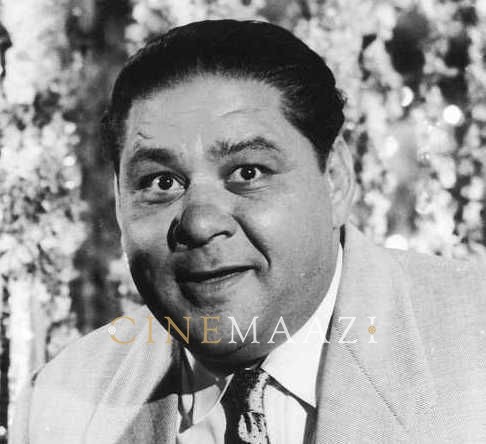
Subscribe to read full article
This section is for paid subscribers only. Our subscription is only $37/- for one full year.
You get unlimited access to all paid section and features on the website with this subscription.
Not ready for a full subscription?
You can access this article for $2 , and have it saved to your account for one year.
- Real Name: Gope Vishandas Kamlani
- Born: 11 April 1913 (Hyderabad, Sindh)
- Died: 19 March 1957 (Bombay)
- Primary Cinema: Hindi
- Spouse: Latika
It is indeed ironical that while today’s audiences probably have never heard of this actor, they are familiar with the most famous song that he appeared in – Mere piya gaye Rangoon (Patanga, 1949) – a song hummed by all till date.
One of the most celebrated comedians in Indian cinema from the early 40s to the mid-50s, Gope was born Gope Vishandas Kamlani on 11 April 1913 in a Sindhi family in Hyderabad (Sindh). He was one of seven siblings, three sisters and four brothers. Their father, an audit officer, tried his hardest to provide all his children with a proper education. Gope, however, was not interested in academics as a child, and even failed his matriculation. He directed his energies to sports and dramatics instead. One day, the well-known writer K.S. Daryani saw Gope performing on stage. Impressed by his talent for acting, he cast him in Easter Art Productions’ Insan Ya Shaitan (1933) directed by Moti Gidwani, a film that also starred Jaddanbai and Ermeline. It was a minor role since Dixit was playing the main comedian. After that, Gope remained with Eastern Art Productions till 1935 and played a wide variety of comic roles in various socials. He free-lanced with several groups after 1937. He used his obesity as part of his comic routine.
He joined Daryani Brothers and acted in several films directed by the famous Ram Daryani like Gentleman Daku (1938) with Leela Chitnis, in which he teamed up with Omkar to provide some classic slapstick comedy, Master Man (1938), a thriller film, Zamana (1938) with Amir Karnatki and Hindustan Hamara (1940). For this last, Padma Devi, Jamuna and Gope were praised for their performances in the Film India Magazine (August 1940). Gope, in particular, was singled out for the restraint of his performance, though his make-up was said to have lacked in consistency. His association with Daryani remained till late 40s with films like Pyas (1941) where he played a supporting role with Nazir and Snehprabha Pradhan, Pannadai (1945) with Durga Khote and Chandramohan, Doosri Shadi (1947) where he was paired with Ranjit Kumari, to play a romantic couple, Shravan Kumar (1948) where comic duo Gulab and Gope gave memorable performance and Ghar Ki Izzat (1949) where he played the character of a poor son-in-law of a rich Seth, played by Dixit.
Apart from working with the Daryani brothers, Gope took up assignments with various others. In Laxmi (1940) directed by Mohan Sinha, starring Maya Banerjee and Kumar, Gope plays the role of a funny family doctor. In Kajal (1948) directed by M Sadiq, he played Suraiya’s gypsy father. His other hits were Sajjan (1941) directed by Dwarka Khosla, Apna Ghar (1942) by Debaki Bose, Duniya Ek Tamasha (1942), Jhankar (1942), Haso Haso Ae Duniya Walo (1942), Bisvi Sadi (1945), Sassi Punnu (1945), Society (1942), School Master (1943), Dak Bunglow (1947) , Zanjeer (1947), Mirza Sahiban (1947), Pugree (1948), Pyar Ki Jeet (1948), Hamari Manzil (1949), Bazaar (1949), Pyar Ki Manzil (1950), Surajmukhi (1950), Meena Bazaar (1950) and Kale Badal (1951). Released in 1942, Gope considered Haso Haso Ae Duniya Walo as one of his best works.
In the 1950s, Gope formed a Laurel and Hardy pairing with Yakub, another well-known comedian of that time. Their first appearance as a duo came with Patanga (1949). Gope is also seen in the famous melody Mere piya gaye Rangoon in this film. The most memorable film of the duo was Beqasoor (1950) starring Ajit and Madhubala. Gope played a devious Munshi in the employment of Yakub, who owns a pharmacy and incites him to engage in the black market. The comic pair continued their work with Sagai (1951).
He fell in love with an Anglo-Nepali girl, known to filmgoers as Latika. Latika’s charm struck Gope badly and he married her on 5 November 1949. The couple had a son and Gope was a devoted father to him.
After trying his hand at some negative roles infused with a comedic touch, for example in the Dilip Kumar-Madhubala starrer Tarana (1951), for a brief period he flirted with production along with his younger brother Ram Kamlani, but he did not find much success as a producer. The production house made movies such as Hangama (1952) and Malkin (1953), usually directed by his brother Ram Kamlani.
In 1957 while shooting for the film Teesri Gali (1958) directed by Kundan Kumar, Gope died of a sudden heart attack. People on the set thought that the talented actor was still performing and started clapping at the true-to-life rendition until they realized that he had passed away while filming a death scene. Incidentally, his dialogue “Main upar ja raha hoon” (I am breathing my last) also happened to be the last words he spoke.
He breathed his last on 19 March 1957 in Bombay.
-
Filmography (78)
SortRole
-
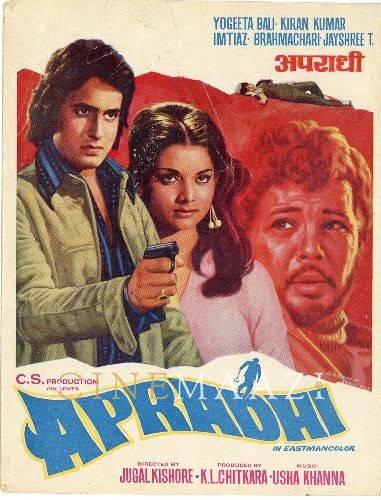
Apradhi 1974
-
Teesri Gali 1958
-
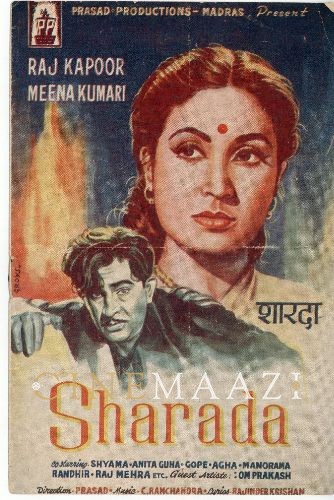
Sharada 1957
-
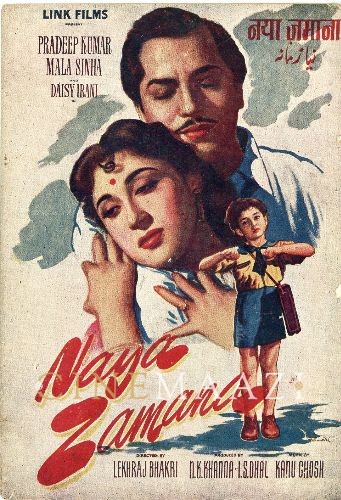
Naya Zamana 1957
-
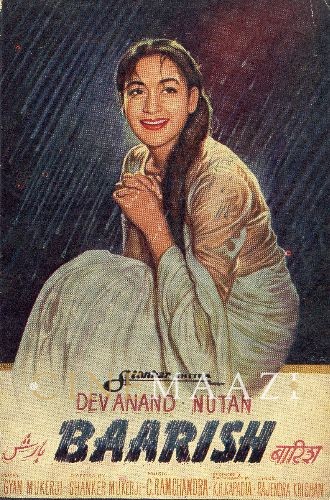
Baarish 1957
-
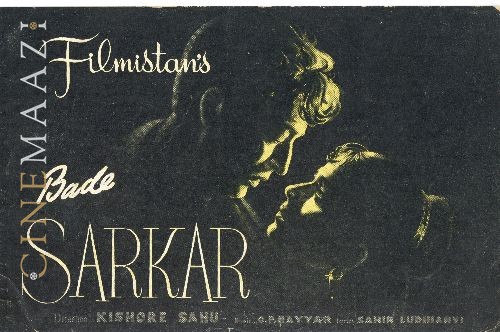
Bade Sarkar 1957
-
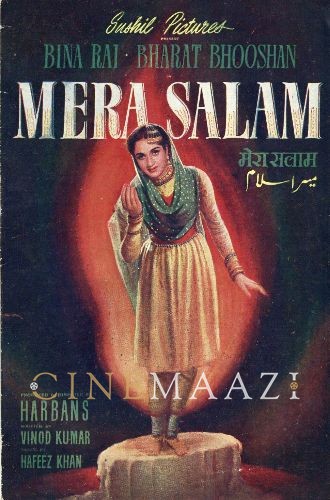
Mera Salam 1957
-
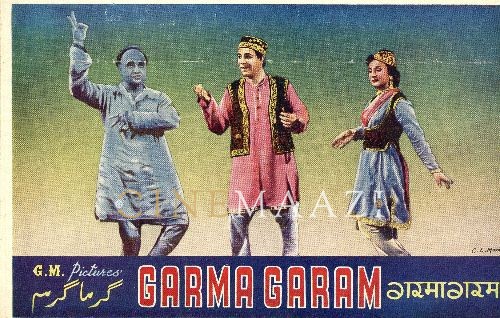
Garma Garam 1957
-
Khudaa Kaa Bandaa 1957
-
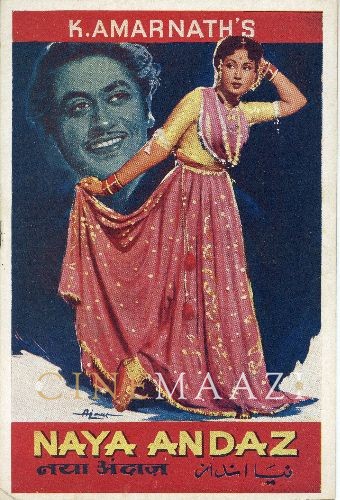
Naya Andaz 1956
-
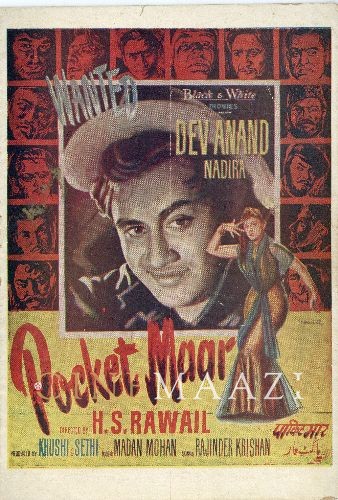
Pocket Maar 1956
-
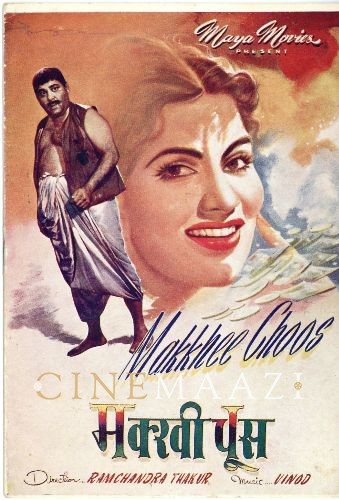
Makkheechoos 1956
-








.jpg)



